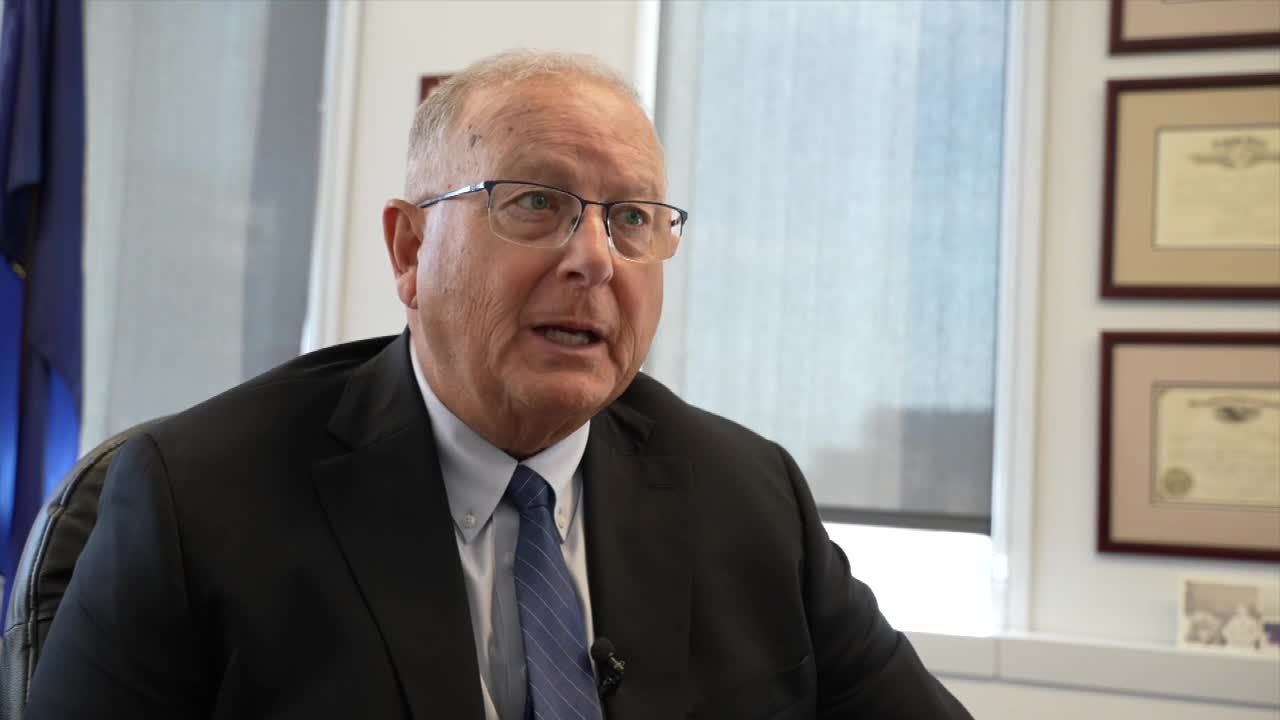- A Douglas County grand jury ruled there was not enough evidence to charge officers in eight deaths involving law enforcement or custody, including the shooting of 19-year-old Janidi Ibrahim.
- Douglas County Attorney Don Kleine explained that jurors, not prosecutors, make the decision after hearing evidence, noting they are “a random group of citizens” instructed by a judge.
- While state law allows grand juries to issue recommendations—such as changes to how officers announce themselves—no reports were filed in any of the eight cases, leaving families frustrated.
BROADCAST TRANSCRIPT:
A Douglas County grand jury reviewed eight deaths involving law enforcement and determined there was not enough evidence to bring charges against officers. One of those cases involved the death of 19-year-old Janidi Ibrahim.
In May, Ibrahim was shot and killed by a Douglas County sheriff’s deputy. Since then, the sheriff’s office has maintained the sergeant acted within protocol.
His cousin, Anissa Aden, said the family feels their voices were ignored.
“Our voices did not matter to them.. whether we spoke… whether we didn't speak.. it was not going to make a difference…” Aden said.
Douglas County Attorney Don Kleine explained how grand juries reach their decisions.
“I'm not there when they deliberate, the judge instructs them on what the law is, I step out when they say they've heard enough evidence to make a decision and they make their decision,” Kleine said.
Under Nebraska law, a grand jury must be convened whenever someone dies while being arrested or in the custody of law enforcement.
“People should realize this is just a random group of citizens that look at this,” Kleine added.
After a grand jury rules, it can also issue a “suggestive report”—for example, recommending changes in how law enforcement announces themselves. But in all eight of the recent cases, no such report was filed.
Aden said the outcome raises troubling questions.
“When is it going to be enough? How many lives have to be lost before the system finally wakes up and says… can we do better?” she said.
The grand jury’s review included two cases involving Omaha police, one with the Nebraska State Patrol, one with the Douglas County Sheriff’s Office, and four involving correctional facilities.
In North Omaha, I’m Melissa Wright.
This story was reported on-air by a journalist and has been converted to this platform with the assistance of AI. Our editorial team verifies all reporting on all platforms for fairness and accuracy.



